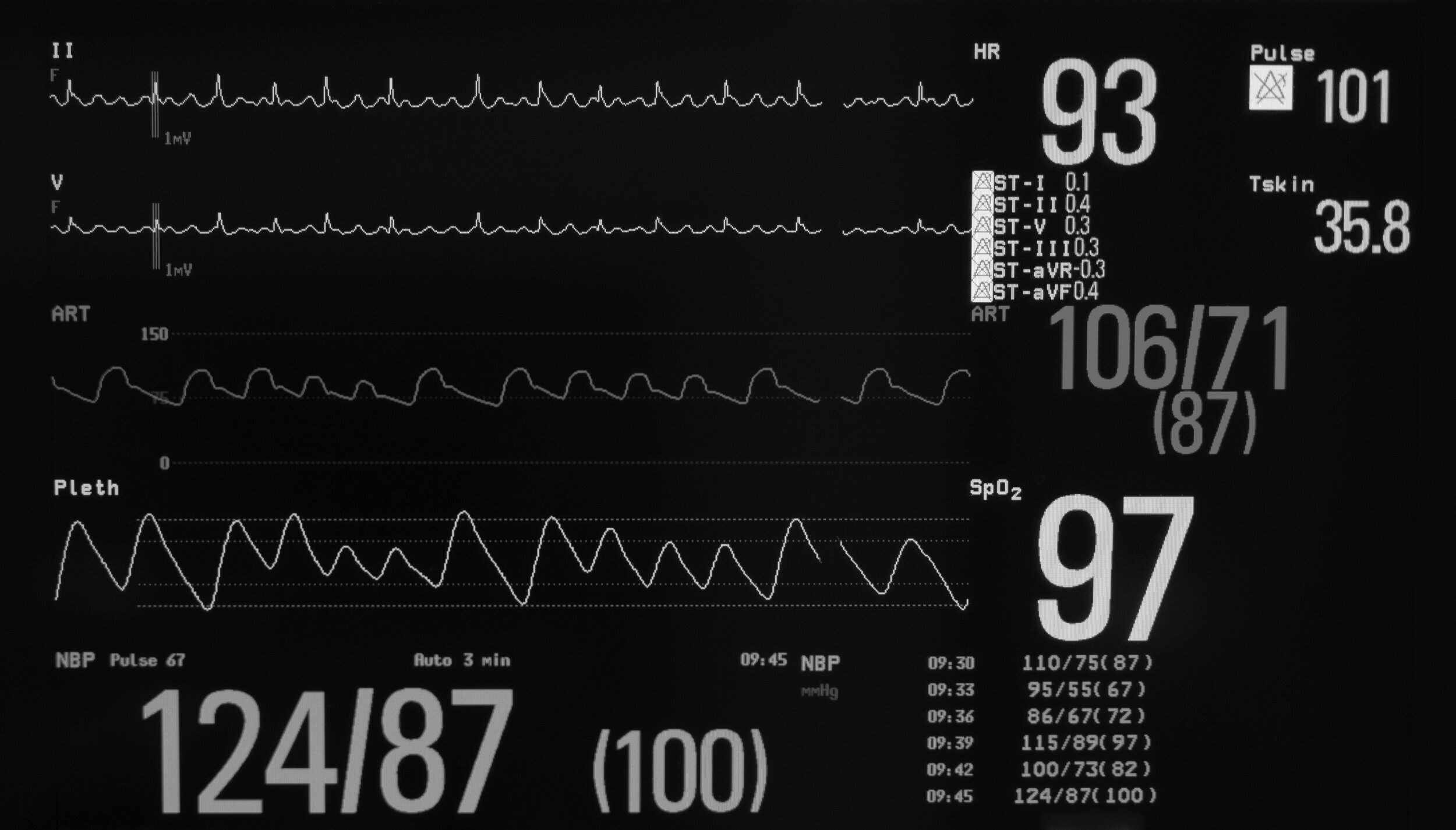
Holter Monitor
You may be asked to wear a Holter Monitor to see if you have a slow, fast, or irregular (uneven) heartbeat. Or, your doctor may use it to see how well your medicines are working to treat these problems. If you have a pacemaker and feel dizzy, your doctor may use a Holter monitor to find out if your pacemaker is working properly. This monitor has no risks and wearing it is not painful.
What is a Holter monitor?
A Holter monitor is a battery-operated portable device that measures and records your heart’s activity continuously for 24 to 48 hours or longer. The device is the size of a small camera. It has wires with silver dollar-sized electrodes that attach to your skin. The Holter monitor records your heart’s activity as you go about your daily activities.
What will a Holter monitor detect?
Regular electrocardiograms (ECGs or EKGs) let the doctor look at your heart’s activity at one point in time during your ECG test. But abnormal heart rhythms and cardiac symptoms may come and go. That’s why the doctor may want to evaluate your heartbeat over time while you go about your normal activities.
What are some symptoms that may necessitate a Holter monitor?
You may be asked to wear a Holter monitor if you have a fast, slow, or irregular heartbeat called an arrhythmia. Wearing the monitor may tell your doctor if your medicines are working, why you have symptoms such as dizziness, faintness, or the feeling that your heart is racing or skipping a beat. The Holter monitor may also show if your heart is getting enough oxygen to meet its needs.

